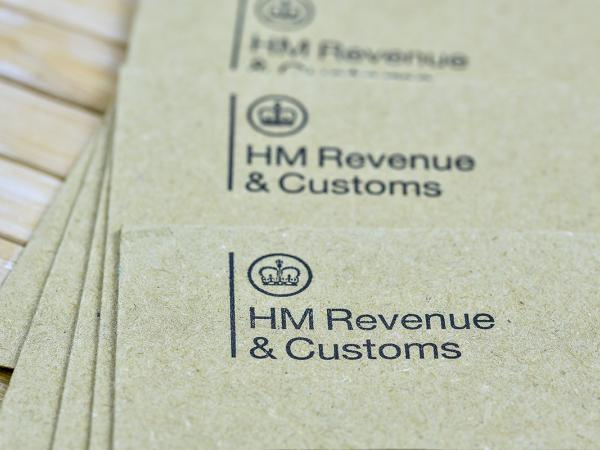Seasonal work
Seasonal work is work that is only available in certain seasons. This may include certain kinds of farm work, such as picking strawberries, or work in the hospitality trade in holiday destinations. People who do seasonal work are known as seasonal workers. These can include migrants who come to work in the UK as seasonal workers.

Content on this page:
Introduction
Seasonal workers may still have to pay income tax and National Insurance contributions (NIC) on their wages, even if they are only working for a few months.
Seasonal workers who are also migrants may also have to pay income tax and NIC on their employment income from seasonal work.
Tax
Seasonal workers are normally employees. The employer should pay their employees via the payroll, deducting income tax and NIC, under the pay as you earn (PAYE) system. The employer will pay the tax and NIC to HM Revenue & Customs (HMRC).
If you are a seasonal worker, it is possible to have tax deducted from your earnings under PAYE, but for your total taxable earnings for the tax year to be less than the UK personal allowance. In this instance, you are likely to be eligible for a tax refund (see ‘Tax refunds’ below).
Migrants
Migrant seasonal workers who are in the UK for a short period must establish their UK tax residence status. This will help determine their tax liability. Seasonal workers who come to the UK for a short time only and for a temporary purpose may not become resident in the UK for tax purposes. You can read more about determining your residence status on our page about the statutory residence test.
However, even if you are not UK resident, you will normally have to pay UK income tax on employment income earned from a job you carry out in the UK.
If you are a migrant seasonal worker, a key question for you to consider is whether you are entitled to a UK personal allowance. The UK personal allowance is the amount you are allowed to earn each year before paying tax.
Some people who are not tax resident in the UK are still eligible for the UK personal allowance – for example, nationals of a member state of the European Economic Area, UK nationals or residents of the Isle of Man or the Channel Islands. You can find a list of the European Economic Area countries on the page EU and EEA countries.
Some people may claim the personal allowances under a double taxation agreement. You can read more about these on our page on double taxation. There is a list of double taxation agreements for which a personal allowance claim is possible on GOV.UK.
Unless you are classed as UK tax resident you will not have to worry about any income arising in your home country being taxed in the UK. However, if you are only temporarily absent from your home country you may remain taxable there on your worldwide income, meaning that your UK earnings could be taxed twice, both in the UK and in your home country.
Before you get too concerned with double taxation, please remember that while you may initially pay tax in the UK under PAYE, it is possible that this will be refunded to you upon your departure from the UK (see directly below), meaning you will not ultimately suffer any double taxation. If the UK tax is refundable in this way by HMRC, you will not be able to use it to claim double tax relief in your home country.
Tax refunds
When you have finished your seasonal work, you may find that you have paid too much tax under the PAYE system and are able to claim a repayment of tax. This is because the personal allowance (if available to you – see directly above) is usually divided throughout the year, so you receive a proportion each time you are paid.
If you stop work or leave the UK part-way through the tax year, you will not have received your entire personal allowance and may have paid too much tax when looking at your total annual income.
There is information on claiming a tax refund if you stop work part-way through the tax year on our page PAYE tax refunds.
If you leave the UK, you should usually complete form P85 ‘Leaving the UK – getting your tax right’ (unless, for example, you will be completing a self assessment tax return for your year of departure).
If appropriate, HMRC should send you any tax refund that they owe you once they have processed the form. You can read about how you might receive your refund in our guidance about tax refunds for those leaving the UK.
HMRC may ask you to complete form R43, if you were not resident in the UK but are entitled to the UK personal allowance. This form will allow you to claim the personal allowance and a tax refund. You can read more about this on our page UK tax for non-UK residents on UK income and gains.
More information
For information about National Insurance contributions for seasonal workers, see our page on part time employment: NIC.
Seasonal workers are entitled to the national minimum wage. For more information on the national minimum wage see our page on national minimum wage.
It is possible that you will be eligible for automatic enrolment in your employer’s workplace pension scheme. For more information see our page on pensions: auto-enrolment into workplace pensions.



